Foreign Secretary Harshavardhan Shringla has said that Prime Minister’s visit to United States has been a comprehensive and useful visit which allowed for high level interactions.
He was addressing mediapersons in New York after the Prime Ministers address to UN General Assembly.
Mr. Shringla told that the Prime Minister’s address touched upon key areas like democracies can deliver.
The Prime Minister highlighted the flagship programs like banking the unbanked, insurance and housing facilities to the last mile.
There was emphasis on technology and how it has enabled us to reach out to people.
He cited the example of India’s vaccination with the help of COWIN portal as a test case.
Making India a hub of manufacturing too came to the fore, he added as the Prime Minister invited vaccine manufacturers to come and Make in India.
The Foreign Secretary said that Afghanistan figured prominently in the talks.
He pointed out that Prime Minister has warned Nations not to fall prey to use terrorists as a political tool since it can backfire.
Also he spoke about the need to reach out to the needy women, children and the poor in Afghanistan.
In reply to a query on what is required for Taliban, Mr. Shringla pointed out that UNSC Resolution 2593 passed under India’s Presidency lays down comprehensive terms.
These include no use of Afghan soil for terror activities, safe passage to Afghans who want to leave, inclusive Government and respecting human rights especially of the women, children and minorities among others.
The foreign secretary told media that there was unity and convergence on Afghanistan anong the QUAD nations.He told that a rule based international order has been the key to haave a free, open and inclusive Indo Pacific.
Mr. Shringla told that G-4 nations- India, Japan, Germany and Brazil have called for reforms at United Nations Security Council and a permanent seat for them at the world body.
He added that the Prime Minister’s call for reforms at Security council is in the same direction as he calls for reformed Multilateralism at United Nations.


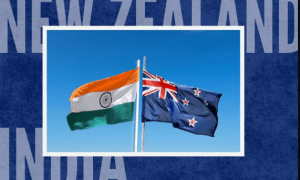



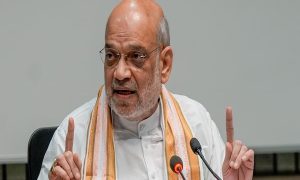





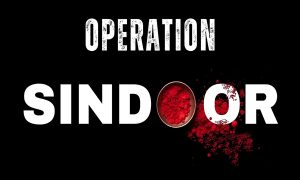

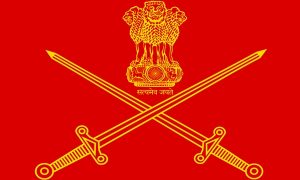

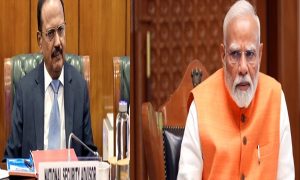

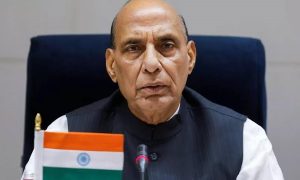

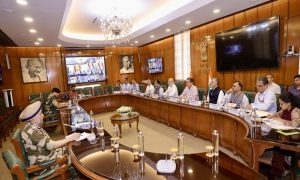

 WhatsApp us
WhatsApp us